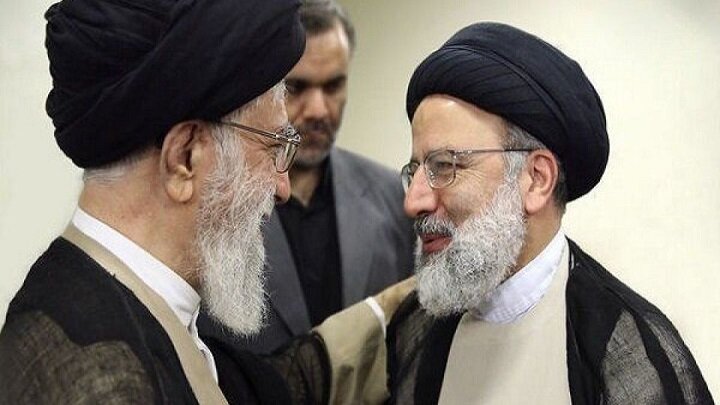Biden Should Not Lift Sanctions Against Iranian Presidential Candidate Ebrahim Raisi
Matthew Zweig/Policy Brief-FDD/June 18/2021
ماثيو زويك: مطلوب من الرئيس بيدن عدم رفع العقوبات عن ابراهيم رايسي المتوقع أن يصبح رئيساً لإيران لأنه مجرم وسفاح وقاتل وإرهابي خطير
Secretary of State Antony Blinken said in congressional testimony last week that if Iran and the United States re-enter the 2015 nuclear deal, formally known as the Joint Comprehensive Plan of Action (JCPOA), “hundreds of sanctions [will] remain in place, including sanctions imposed by the Trump administration.” However, Blinken added the caveat that the Biden administration would still lift sanctions “inconsistent with the JCPOA,” suggesting that Washington may revoke non-nuclear sanctions on Iran as a concession for Tehran’s return to the accord.
In particular, Blinken’s statement raises the question of whether the Biden administration will lift sanctions on Iranian judiciary chief Ebrahim Raisi, who played a key role in the Islamic Republic’s execution of thousands of political dissidents in 1988. Raisi, a close confidante of Iran’s supreme leader, Ayatollah Ali Khamenei, is currently a leading candidate in Iran’s presidential election, which is scheduled to take place on Friday.
Washington sanctioned Raisi in November 2019 pursuant to Executive Order 13876, which President Donald Trump signed in June 2019. The order authorizes sanctions against the supreme leader, the Office of the Supreme Leader, any official appointed by him, and anyone conducting transactions with them. In particular, the order authorizes sanctions on foreign financial institutions that knowingly facilitate or conduct a significant transaction with any individual or entity designated pursuant to that executive order.
Raisi has served in multiple positions in Iran’s judiciary, including as a prosecutor, as deputy chief justice, and as attorney general. In these roles, he helped perpetrate far-reaching punishments, including death sentences, for political opponents.
In March 2019, Khamenei appointed Raisi to lead Iran’s judiciary, which was and continues to be responsible for pervasive human rights abuses. That same month, Khamenei also selected Raisi to serve as the deputy chief of the Assembly of Experts, which chooses and oversees the selection of Iran’s supreme leader. According to the State Department’s Country Reports on Human Rights Practices for 2020, the abuses continued under Raisi’s stewardship of the judiciary. The report notes that the Iranian “government and its agents reportedly committed arbitrary or unlawful killings, most commonly by execution after arrest and trial without due process.”
Executive Order 13876 is a particularly powerful tool, as it provides for the designation of a wide range of individuals and companies based on their status within the supreme leader’s inner circle or affiliation with his office. This extends to most appendages of the Iranian government.
Statements from the White House, Treasury Department, and State Department under the Trump administration indicate that the executive order was a reaction to Iran’s destabilizing activities in the Middle East. The sanctions are not nuclear-related, and they are thus consistent with the JCPOA.
Since Executive Order 13876 targets malign Iranian actors and activities both abroad and at home, its application to Raisi and to other senior Iranian officials is a legitimate use of non-nuclear sanctions. To combat the continued misconduct of the regime – both externally and internally – the Biden administration should refrain from lifting any non-nuclear sanctions on Iran, especially on Raisi.
Matthew Zweig is a senior fellow at the Foundation for Defense of Democracies (FDD), where he also contributes to FDD’s Iran Program and Center on Economic and Financial Power (CEFP).























